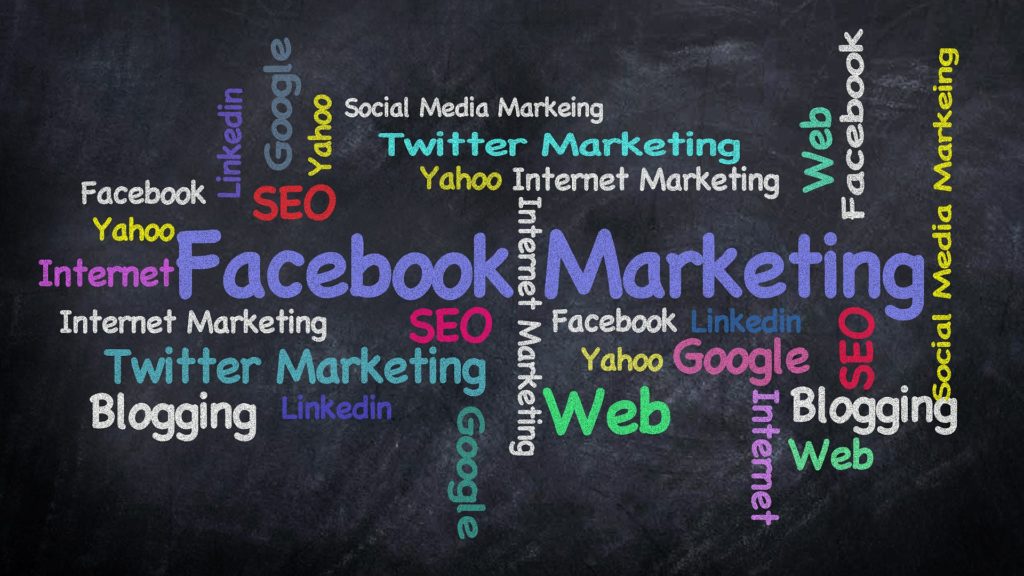Social media is a powerful tool for businesses of all sizes. It can be especially beneficial for local businesses in connecting with customers and building brand awareness. Social media marketing can sometimes seem like a formidable task between the number of platforms to choose from and the energy and time it takes to have a successful social presence. Leaving many business owners wondering if it’s necessary.
Statistics show that 74% of adults use social media, and 81% of consumers research online before purchasing. Therefore, having an engaging and active social presence is necessary to attract more customers.
Social media marketing is a great way to promote your brand and products, but it can get you so much more for your efforts. Below are 7 social media marketing tips for local businesses.
Identify Your Target Audience
The first step in social media marketing is to know your target audience and where to find them. A target audience is the specific group of people or your ideal customer you want to reach through your social media channels. Use a detailed description of your ideal customer’s demographics as a guide to finding your target audience.
Knowing your target audience will also let you know when and where to post content to achieve successful engagement.
Choose a Social Media Platform

Now that you know your target audience, it’s time to choose a social media platform. The most popular social media platforms are Facebook, Twitter, LinkedIn, and Instagram. If you focus on one platform or two, you will have more success. Decide the right platform for you by researching where your customers like to spend their time online. Use social media insights, such as Mention, Ubersuggest, and Buzzsumo, to analyze your competition and their social media activity and determine which platforms may work for you.
Also, you should consider your business goals and the kind of content you want to share because each platform showcases a different type of content.
Engage With Your Audience
When starting out with social media marketing, it’s important to remember to engage with your audience. Successful social media marketing is achieved by engaging with your audience and building a relationship with them. You have to post regularly, converse with your audience, and monitor your progress. Responding to comments and messages shows that you care about what your customers have to say. It also helps build relationships and trust.
Another great way to engage with your audience is to utilize user-generated content, such as reviews, contests, case studies, and Q&A sessions.
Create Engaging Content

The whole point of social media is sharing content. Many human-generated contents flood the internet every day, so yours has to be remarkable to stand out. When creating content, think about what would be interesting or useful to your target audience. Write catchy headlines and use rich media, such as images, infographics, and videos. Also, consider using tools like Google AdWords Keyword Planner to find popular keywords that you can incorporate into your content.
Formulate a content strategy and research what your customers want and how they want to receive it. Stay current with your niche and your local community for your content to have the best impact.
Set and Track Your Goals
It’s important to set social media marketing goals and track your progress. By doing this, you can see what’s working and what isn’t and make necessary changes along the way. When setting goals, make sure they are specific, measurable, achievable, relevant, and time-bound (SMART). Track your goals and the success of your social media efforts with social analytics.
SEO

Your social media accounts don’t influence your website’s search rankings directly. However, social media helps your SEO efforts because your social media pages rank on search engines. Sharing content drives traffic to your website, and you gain backlinks.
Use local SEO strategies on your website and social media pages as they can significantly impact your search rankings. Local businesses need to practice local SEO because most Google searches are local.
Whether on your social media pages or your website, any online efforts used to build your business should work together and support one another.
Connect Your Online and Offline Communities.
Encourage customers at your physical store to follow you online. You should also include QR codes on your counter, door, and business cards to be easier to find your social page. Giving discounts to followers is another great way to connect your online and offline communities.
Encourage more foot traffic in your store by posting specials online that can only be redeemed in person. Make sure your store’s contact information is the same in every place you find online. It is important to include your store’s contact information in Google My Business to help your store appear on more web searches.
Conclusion
When used right, social media marketing coupled with an optimized website is a powerful tool, and you can have a successful business. The key concepts are discovering and researching your target audience, setting and tracking your goals, using a content strategy, and engaging with users. By following these simple tips, you can make sure your business is making the most of its social media presence.





